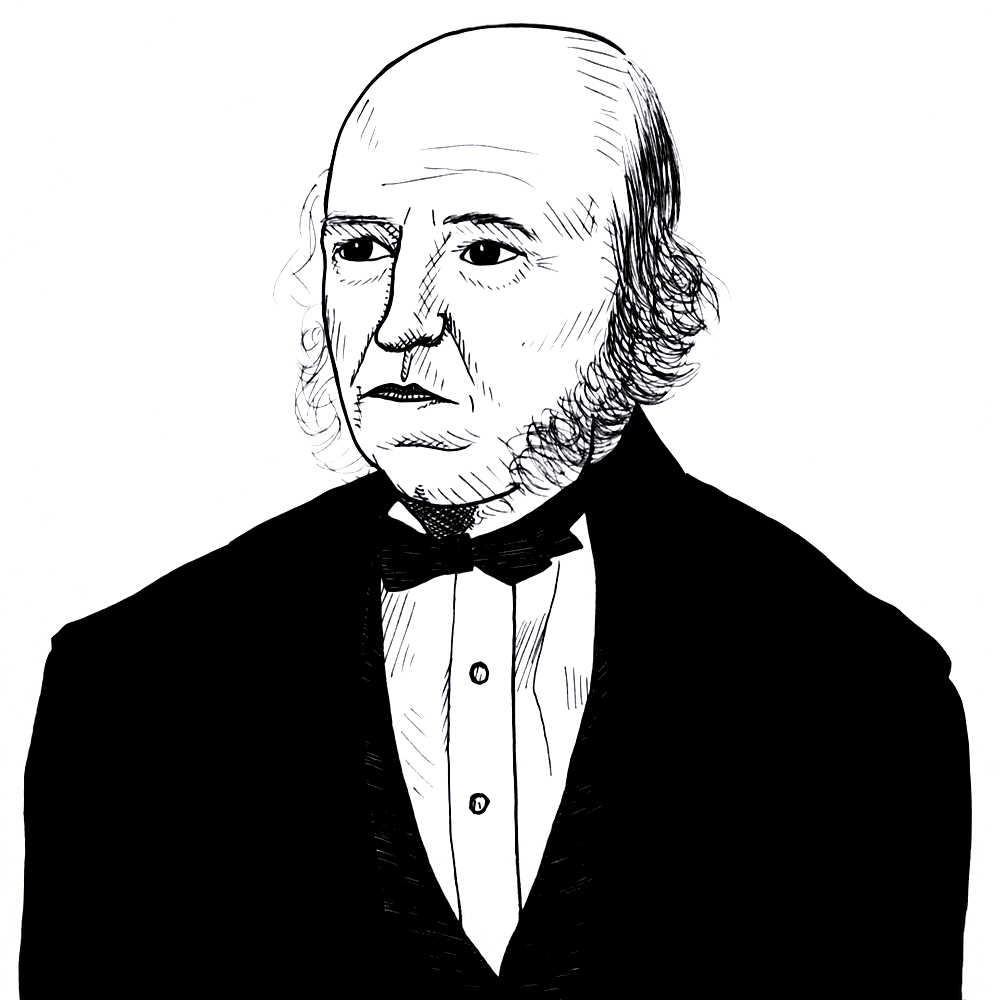
Herbert Spencer on customs which are the result of human action but not of deliberate design (1876)
Found in: The Principles of Sociology, vol. 2 (1898)
The English sociologist Herbert Spencer (1820-1903) notes that human “conventions” or customs are not the result of any deliberate design by human beings but usually evolve gradually and spontaneously over very long periods of time:
Society
We find, then, that rules of behaviour are not results of conventions at one time or other deliberately made, as people tacitly assume. Contrariwise, they are natural products of social life which have gradually evolved. Apart from detailed proofs of this, we find a general proof in their conformity to the laws of Evolution at large.